Maggie Tokuda-Hall has an MFA in creative writing from the University of San Francisco and a strong cake-decorating game. She is the author of the young adult novel The Mermaid, the Witch, and the Sea, an indie bestseller and recipient of the Northern California Book Award in Children’s Literature, as well as the picture book Also an Octopus, illustrated by Benji Davies, which won a Parents’ Choice Gold Award. Maggie Tokuda-Hall lives in Oakland, California, with her children, husband, and dog.
I had the opportunity to talk to Maggie, which you can read below.
First of all, welcome to Geeks OUT! Could you tell us a little about yourself?
My name is Maggie Tokuda-Hall and I’m a children’s and young adult book author. My favorite things include sitting in direct sunlight, eating noodles, and reading books with my children. My mother is brutally honest, my father knows how to enjoy life, and my husband is obsessed with finding the best practice for literally everything. I am somehow both completely different and exactly like all of them in some ways. I’m afraid of the dark. I have an MFA in writing from USF, and a bachelor’s degree in art from Scripps College. My dog is objectively perfect.
What can you tell us about one of your upcoming book, The Siren, the Song, and the Spy?
Oh gosh. It has all my favorite things– spotted hyenas, double agents, spies, a siren who wants to eat you, a dragon, murder, redemption, revenge and revolution. It is the sequel to The Mermaid, The Witch and the Sea, and all the characters from Book 1 are in Book 2, which was a hoot to write. I had so much fun writing this book, and I hope people have fun reading it. There are a LOT of characters, but there’s a new one named Koa who is among my favorites I’ve ever written. He’s kind and smart, and has trouble asserting himself, but loves very deeply. Getting to tell his story was a real treat.
What was the inspiration for the The Mermaid, the Witch, and the Sea series?
A long time ago I was an independent bookseller, at Books Inc. in San Francisco. While I was there I met a kid named Clare. She was a voracious reader. Whip smart, painfully shy. We struck up a friendship and eventually her parents hired me to be her creative writing tutor. In the course of our time together, it became apparent to me that she was not only this incredible reader, this expansive mind. She was also queer. And she craved that queerness in the fantasy books she read. The Mermaid, The Witch, and the Sea— and now The Siren, The Song and The Spy— is my attempt to give her that.
As a writer, what drew you to the art of storytelling, specifically young adult and fantasy?
I’ve always loved stories. I come from a family of storytellers. As an adult, I got the aforementioned job at a bookstore, and that’s where I fell in love with young adult writing, specifically MT Anderson. His work blew my gentle little mind open to what was possible in the genre. Loving fantasy to me, is just an extension of loving stories. There’s no fiction genre I’m closed off to. I love a good story whether it has dragons or spaceships or tax returns. To me, it’s all the same craft, even if the readership and etiquette varies.
As a picture book lover, I would love if you could speak a bit on your work, Love in the Library, and what it meant for you writing this picture book?
This is the hardest book I’ve ever sat down to write. It was the one that bore the most responsibility. It is not my story. It is not something that I made up, I did not have the license to do whatever I like. Love in the Library is the true story of how my grandparents met in the Japanese incarceration camp, Minidoka, during WWII. It is about their improbable love in a place that was designed to make them feel subhuman. And in telling their story I owed them, and all the 125,000 other Japanese Americans who were incarcerated with them, not only my best work but work that did not minimize what had happened to them, did not elide the terrible truth of their lived experience. I took and take that responsibility very seriously. I may have written the script for that book, but I don’t own that story. And I never forget that.
How would you describe your creative process?
Have you ever sneezed into a tissue and been like my god? That was much more than I was expecting. Anyway it’s a bit like that.
What are some of your favorite elements of writing? What do you consider some of the most frustrating and/or challenging?
My favorite element of writing is definitely dialogue. I find it thrilling to overhear, thrilling to participate in, thrilling to read, and thrilling to write. If I could just write dialogue for a thousand years I’d probably be very happy. I tend to underwrite. You hear about writers who write like, 200,000 words or whatever and then cut it down to 80,000. I’m the opposite. I write very lovely skeletons, and my subsequent drafts are often time I need to flesh things out so that there’s a beating heart and lungs and viscera and all that. I hate to be too on the nose about things, but often I struggle with making characters too distant, too cold, and that’s very frustrating to me.
Growing up, were there any stories or books in which you felt touched by/ or reflected in?
Maggie and the Monster by Elizabeth Winthrop, illustrated by the great Tomie de Paola, was the first book I saw myself in. Maggie is a little girl unafraid but deeply annoyed by the monster that visits her room every night. Finally she asks the monster why it’s there, and then reunites her with her mother. I liked that little girl, and I wanted to be like her and I also suspected I was a bit like her. Plus her name was Maggie, so. You get it.
Are there any like that now?
Oh god, constantly. The older we get the more people we’ve been in our life, the easier it becomes for me to relate to anyone. Villains, heroes, side characters, particularly winsome bits of setting description. I’ve been told that the older you get the more set in your ways you become, and I suppose that’s true in some ways. But I think if you’re willing, you also become more open to perspectives you once would have ignored, or derided, or judged. You’ve made a million mistakes in your life by the time you’re 40. It makes it easier to forgive those in others, I find. I am reading RIPE by Sarah Rose Etter right now, and I see so much of who I was when I was in my 20s in the protagonist.
Aside from your work, what are some things you would want others to know about you?
My hair is excellent.
What’s a question you haven’t been asked yet but that you wish you were asked (as well as the answer to that question)?
Maggie, how did you stop your 30 year long habit of biting your nails? Brute force of will. Thank you for asking.
What advice would you give to other aspiring writers?
The chief difference between an aspiring author and a professional one is that professionals finish. Anyone can start a novel. My trash folder is full of 25,000 word beginnings that will never find an ending, that don’t have the meat, or the emotional resonance, or weight to keep going. And that’s great. That’s all practice. But you can’t write a perfect beginning if there’s no ending to match it. I spent eight years writing The Mermaid, The Witch and The Sea, mostly because I kept rewriting the opening ten chapters or so over and over and over and over and over and over again. It wasn’t until I finally pushed through and finished a draft (thanks, NaNoWriMo 2016) that I was able to cobble together a draft actually worth editing. I threw 2/3 of what I wrote that month away, but it didn’t matter. I had something to edit.
Also, a thing I ask myself and that I think every writer should ask themself about everything they write: why am I the only person who can write this story? If you can think of another person who could or should, then it’s not your story to write.
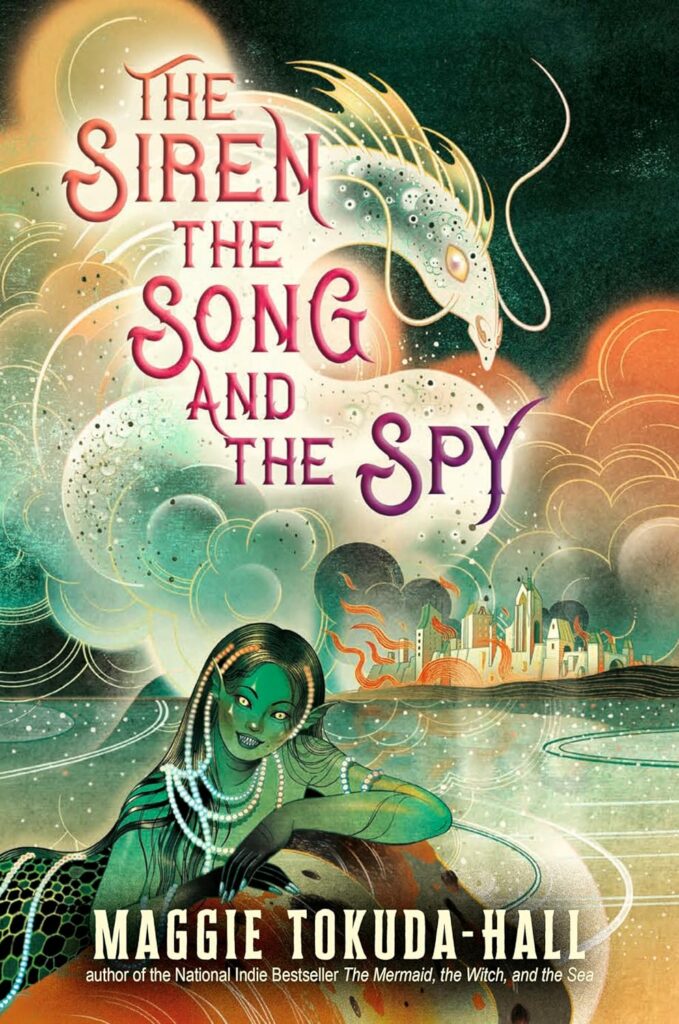
Any specific advice for those wishing to write fantasy or picture books?
For picture books, go to a bookstore and see what’s out there. The picture book market is SATURATED with deeply talented people doing incredible work. Is your manuscript up to snuff in that environment? Honestly, probably not. Everyone thinks they can write a kids’ book. Most people can’t, and frankly, shouldn’t. It’s the hardest genre I write in, and the one I take the most swings and have the most misses within. It’s more like poetry than prose in some ways, the way every word matters. Also, there’s enough books about picky eaters, sharing, sibling rivalry, being kind, or whatever to last us a thousand years. What does yours say about any of that, that hasn’t been said before? Also don’t rhyme. You’re probably bad at it. Sorry I’m like this.
For fantasy, there’s so much advice and so much of it depends on what kind of fantasy you’re writing. Second world? Urban? Contemporary? There’s different advice for all of these. But I like the advice, no matter what kind, that the author should know the limits of their own world before making the plot. Can dragons bring people back from the dead? then you should know that before you randomly have it happen in the third act. Don’t let magic be a cheat.
Are there any other projects you are working on and at liberty to speak about?
My next graphic novel is out now, illustrated by Faith Schaeffer coming out called The Worst Rōnin. I am very excited about it. It’s for teenagers. It’s a buddy comedy about two female samurais, with monsters and revenge and murder and farts and all the good stuff.
Finally, what LGBTQ+ book/authors would you recommend to the readers of GeeksOUT?
In general, I always read everything by Akwaeke Emezi, Annalee Newitz, Charlie Jane Anders, Meg Elison, David Levithan, Tillie Walden, Becky Chambers, Patrick Ness, Kat Leyh, Casey McQuiston, Carmen Maria Machado, and Sarah Gailey. It Came From The Closet is an incredible anthology about horror from a queer perspective with incredibly varied essays within it. What Are Your Words by Katherine Locke is a great primer for the picture book set about finding your own pronouns in a way that’s fluid and generous. Kiss and Tell by Mari Naomi is a great book about making out and making mistakes. Laura Dean Keeps Breaking Up With Me by Mariko Tamaki is a hilarious and very very real book about dirtbag girlfriends. I loved the Lesbiana’s Guide to Catholic School by Sonora Reyes, and Bianca Torre is Afraid of Everything by Justine Pucella Winans, both YA novels, both great for totally different reasons. I could go on.
Header Photo Credit Red Scott

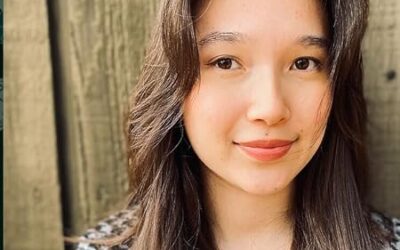
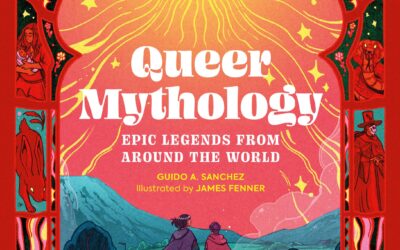
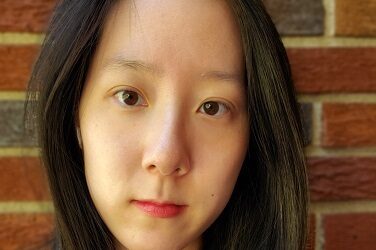
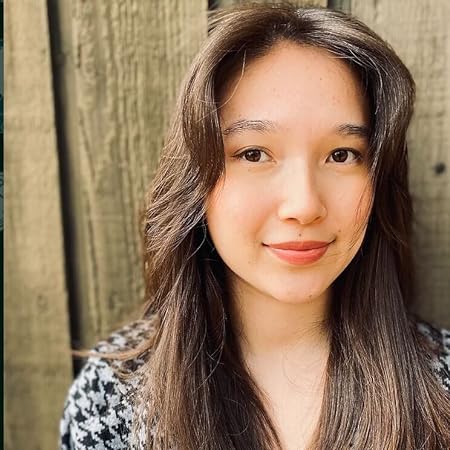
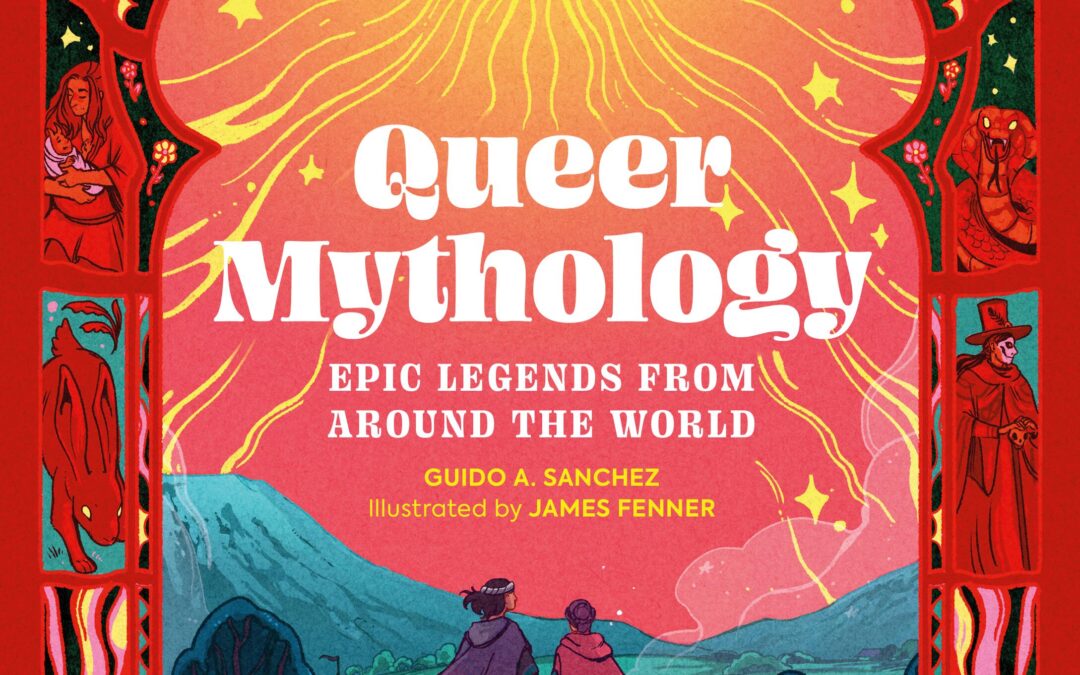
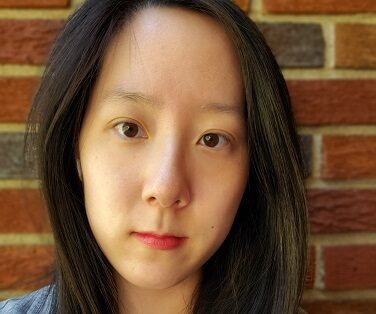
0 Comments